I'm a running coach. I love cardio. Running clears my mind like nothing else. It's my outlet, my stress relief, my quiet time or my podcast time. Cardio exercise is essential for maintaining heart health, promoting mental clarity, and enhancing longevity. You won't hear me say otherwise.
However, if you're a woman over 30 and cardio is your only form of exercise, it's time to consider the big picture. If you’re only doing cardio, there’s a big opportunity being missed.
I say this not to shame or scare anyone because I've been there. I didn't even break a sweat on purpose until after I turned 30. When I finally found running, an exercise I loved, I felt like I'd cracked the code. And then I started hearing messages like these:
Running isn't enough.
You need to lift.
You're doing it wrong.
I pushed back hard. I was proud of myself for running. I finally felt good, and now the fitness world wanted to tell me it wasn't enough.
I got defensive. I said things like, "I hate strength training" and "Every time I do strength, I get hurt” or “I get so sore I can't run for days." And I figured if I was running hills, that counted as strength, at least for my hamstrings, right?
Here's what I learned when I stopped resisting and gave strength training a fair chance: it completely transformed my body and my mindset.
And I didn't have to stop running to do it.
Why Strength Matters More After 30
Let's discuss what happens after the age of 30. On average, women start to lose 3 to 5 percent of their muscle mass per decade if they do not actively work to maintain it. That's not a scare tactic. It's just biology.
Less muscle means a slower metabolism. It means becoming more fragile, more prone to injuries, and less functional as you age. Muscle burns more calories at rest than fat does, so when you lose muscle, those calories don't disappear. They get stored.
I hear it all the time from women in their 40s and 50s: "I'm doing everything the same as I always have been, but it's not working anymore, and I'm still gaining weight, or I can't lose weight." Muscle loss may be a contributing factor.
If you've noticed the scale creeping up even though your habits haven't changed, this could be at least part of the reason why.
But Isn't Running Hills Enough?
If you've never done any resistance training, yes, running hills or pedaling with high resistance can help build some muscle and strength. Additionally, bodyweight Yoga poses, mat Pilates or Barre classes can also contribute to initial muscle development. But these activities do not usually contribute to building new muscle over the long term.
And to be clear, I am not suggesting that you shouldn't do these types of exercises. They offer excellent benefits as part of a well-rounded routine. They just don't replace traditional progressive strength training. Any intentional movement that you do for health, fitness, or to feel good in your body absolutely is valid. Keep doing what you love. If you have made movement a priority in your life, you’re already far ahead of most people.
The issue is that most of these activities don't usually include progressive overload, which refers to the gradual increase in the difficulty of your workouts over time. Adding weight, reps, sets, or difficulty. It's this incremental increase in volume that signals to your muscles that you need to get stronger.
Without that progression, your body adapts. You stop building new muscle. And if you're doing a lot of cardio, not eating enough calories and protein, and you don’t have a progressive strength plan in place, you could be accelerating muscle loss.
No, your muscles won't magically fall off just because you're doing cardio. That's internet fear-mongering. However, if you want to preserve and build muscle, especially during perimenopause or menopause, you need a deliberate plan that includes strength training, sufficient calories, protein, and rest periods. And yes, cardio should be a part of that plan.
The Benefits I Didn't Expect
When I finally committed to strength training, I didn't just get stronger; I also became more resilient. I started to feel more capable in every part of my life. I became a faster runner. My body composition improved, which made it easier to maintain my weight without restriction. I felt empowered. I felt athletic.
Now, I still train for half marathons about once a year, but strength training has become my foundation. Especially as I get older, it's the piece I won't skip.
And it's not just muscle. It's bone, too. One of my clients came to me after being diagnosed with osteoporosis. She spent two years lifting two days a week consistently with a progressive program. Her latest DEXA scan showed no signs of osteoporosis, and even her doctor was amazed at the improvement in her bone mass.
How to Start Strength Training Without Becoming a Gym Bro
You don't have to spend five hours a week in the gym or become a powerlifter to see results. And you definitely can keep running. You just need a consistent, progressive plan.
Here's what works for most women over 30:
Train each major muscle group at least twice a week (you can break this up in whatever way makes the most sense for your schedule and preferences)
Use weights that are heavy enough to be challenging but still doable with good form
Apply progressive overload by consistently adding weight or volume over time (pro tip: this is the piece most people miss in their strength training plan)
Prioritize protein in your diet to support muscle growth and recovery
Balance your week with cardio and any other movement that you enjoy
Aim for 7–9 hours of sleep each night, take at least one or two rest days each week, and make time for activities that reduce stress.
The sweet spot is finding what fits your life while helping your body feel its best.
You Don't Have to Give Up What You Love
Strength training isn't a replacement for running, cycling, walking, or dancing. It's an addition. It's what helps you keep doing those things long-term, without pain, burnout, or frustration.
You don't need to overhaul your training plan. You need a thoughtful approach. It’s better to start with two days a week of fifteen minutes each than to feel overwhelmed and do nothing.
And if you’ve never strength trained before, if you’ve felt intimidated by programs that left you too sore to keep going, or if you’re not sure how to structure a plan that gets results, I’ve got something for you.
Want Help Getting Started?
I created a free strength training program using dumbbells. It's designed specifically for busy people who want to feel stronger without spending hours in the gym. It's approachable, effective, and made to fit into your real life.
One of my clients said: "Without your leadership, planning, knowledge, and encouragement, I would still be doing the same workouts I've been doing for years. This challenged me, and I am forever grateful."
Click here to get the free program.
It's never too late to get strong. And the best part? You don't have to give up the cardio you love. You get to build a stronger body to support it.
Questions? I’d love to help.
Lea
Lea Genders is a board-certified health coach, personal trainer, and workplace wellness consultant based in Fort Worth, TX. She offers corporate wellness programs for employee health and productivity, as well as in-person and virtual training / coaching for individuals worldwide. Her blog shares expert guidance on strength training, running, and sustainable nutrition @fortworth_trainer



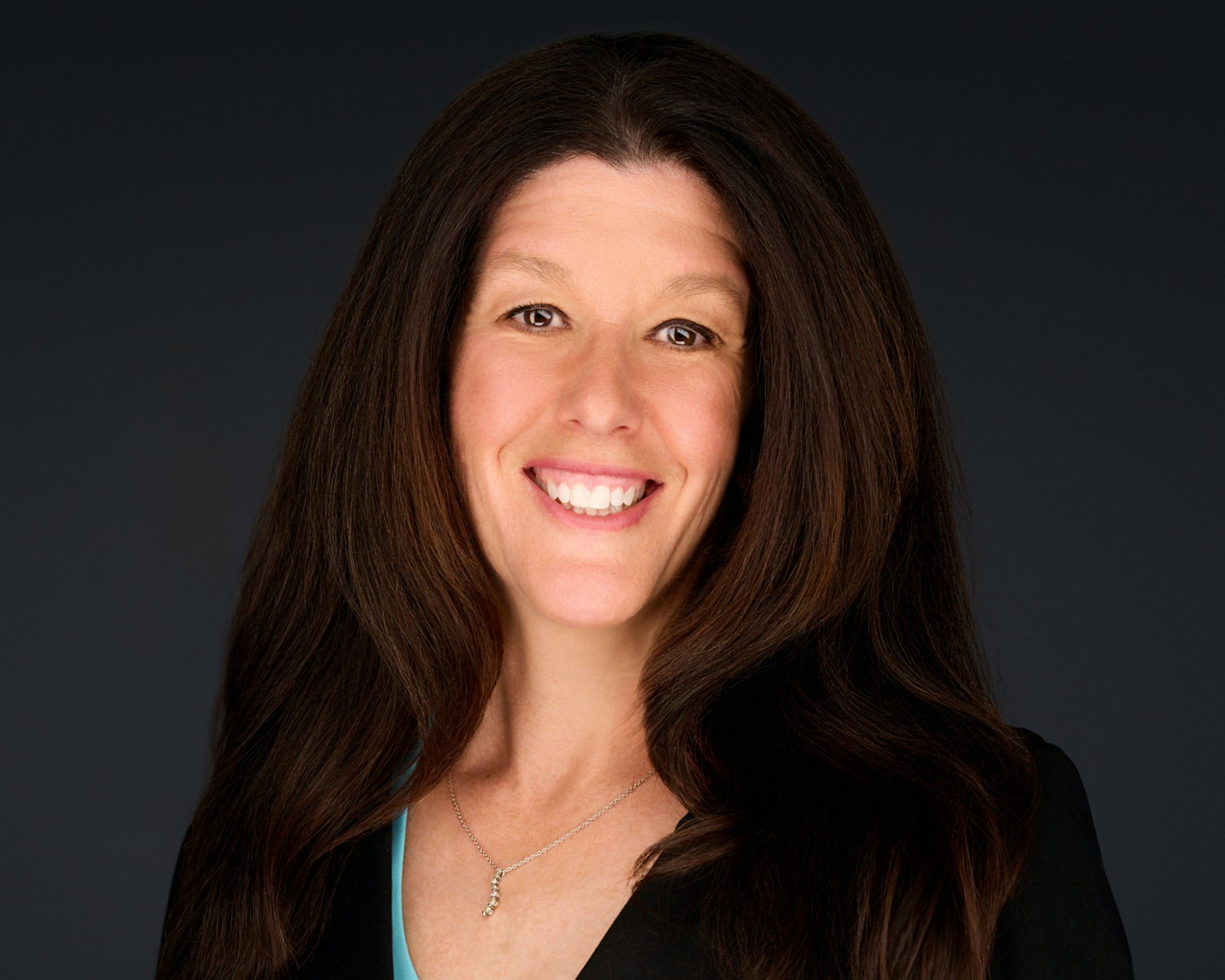
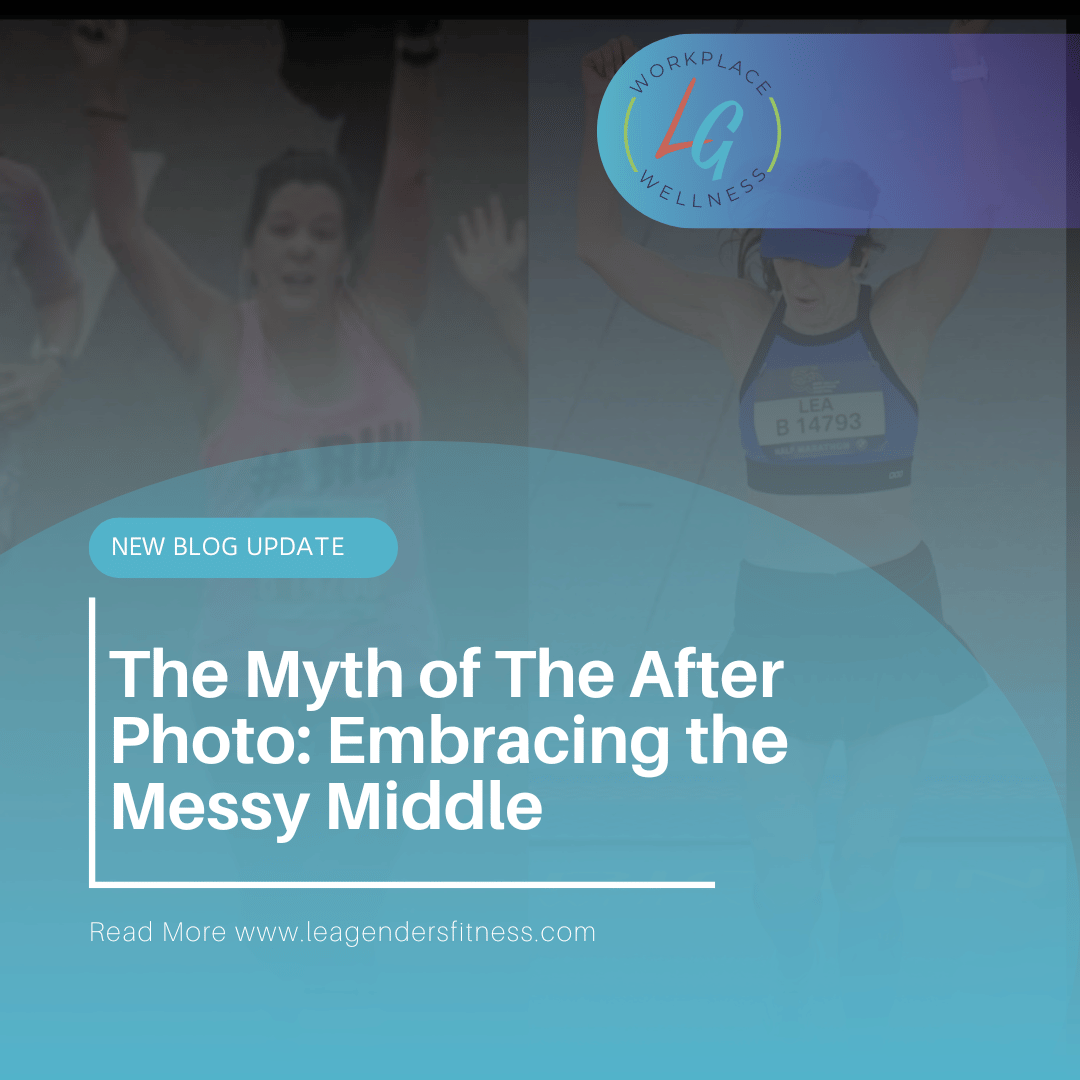


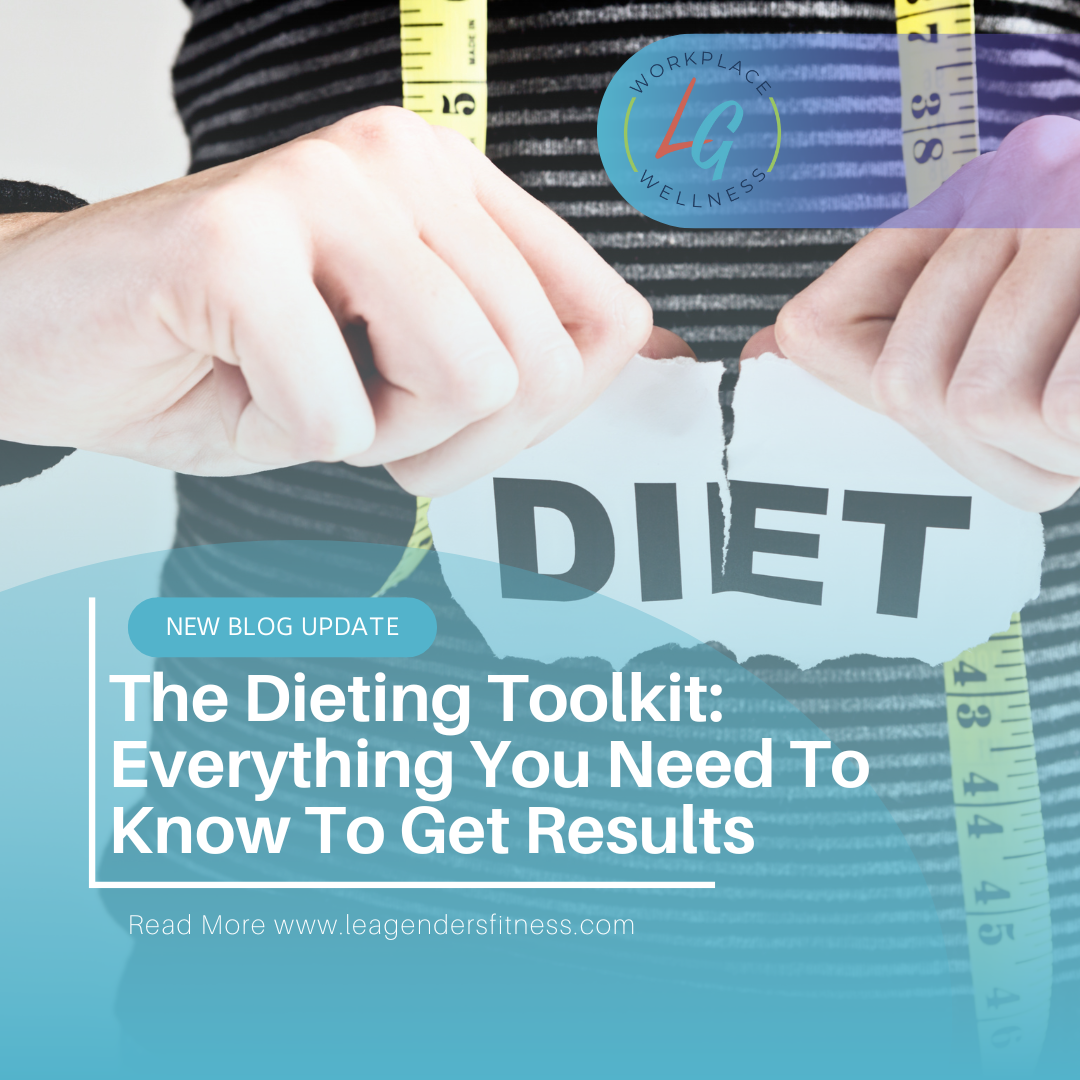
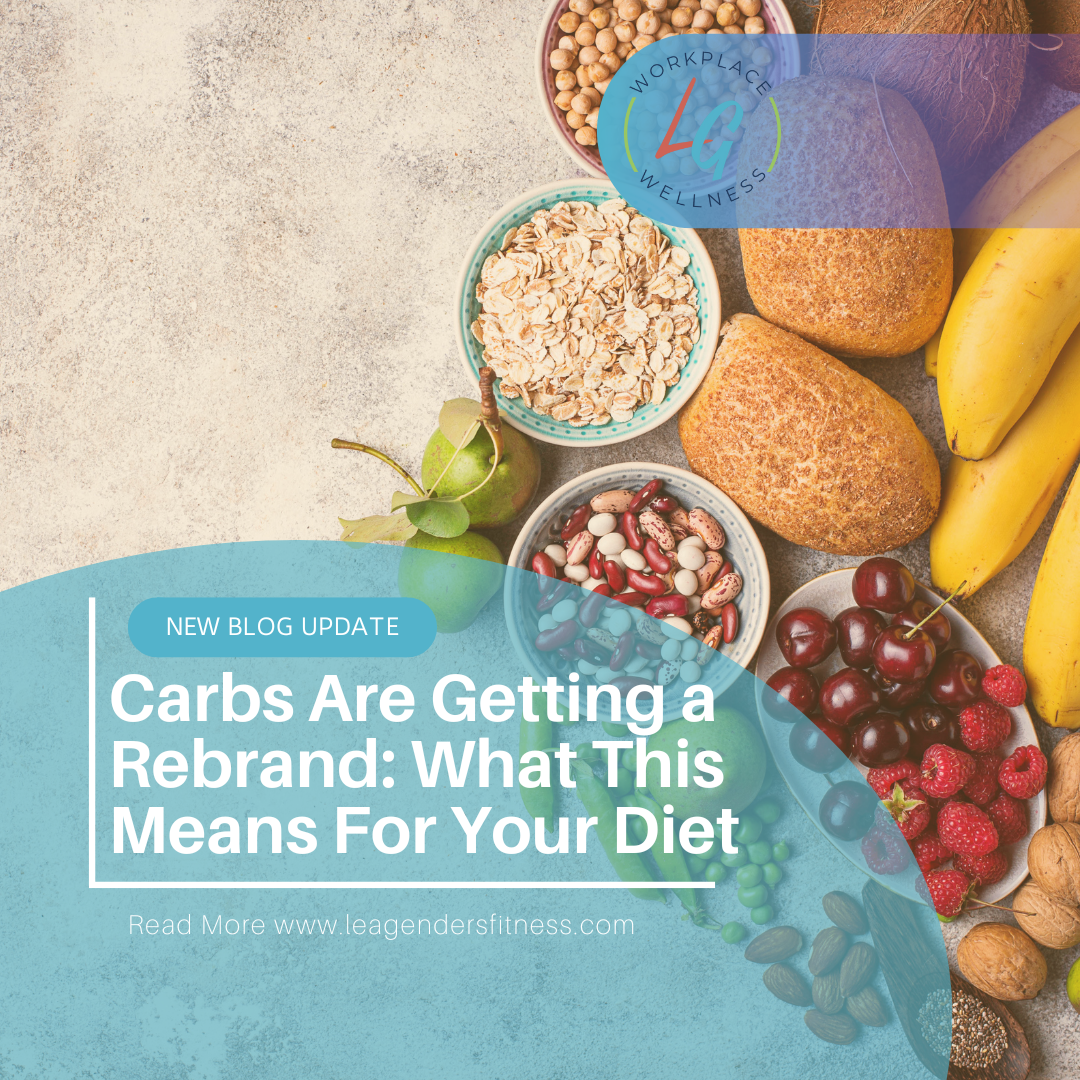
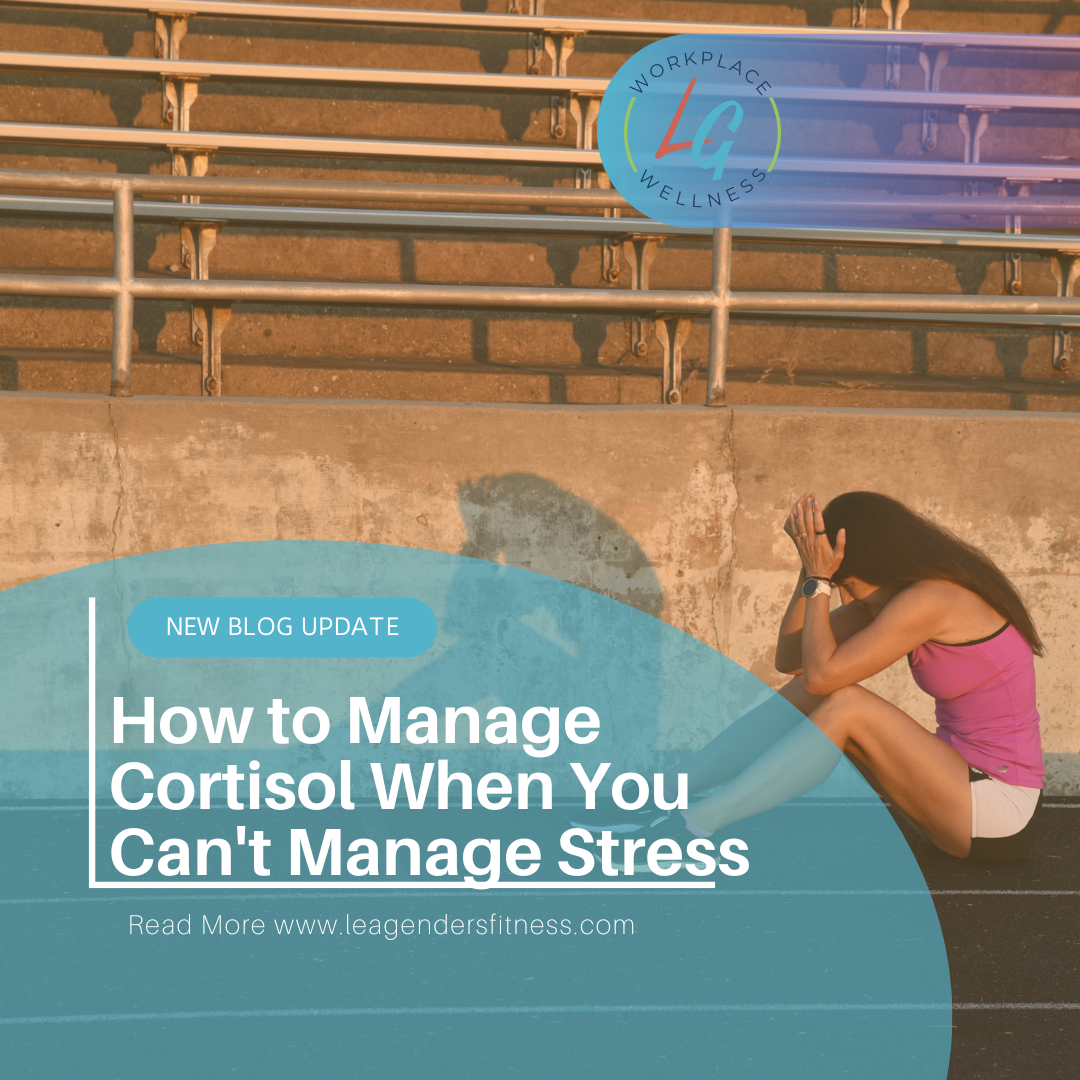
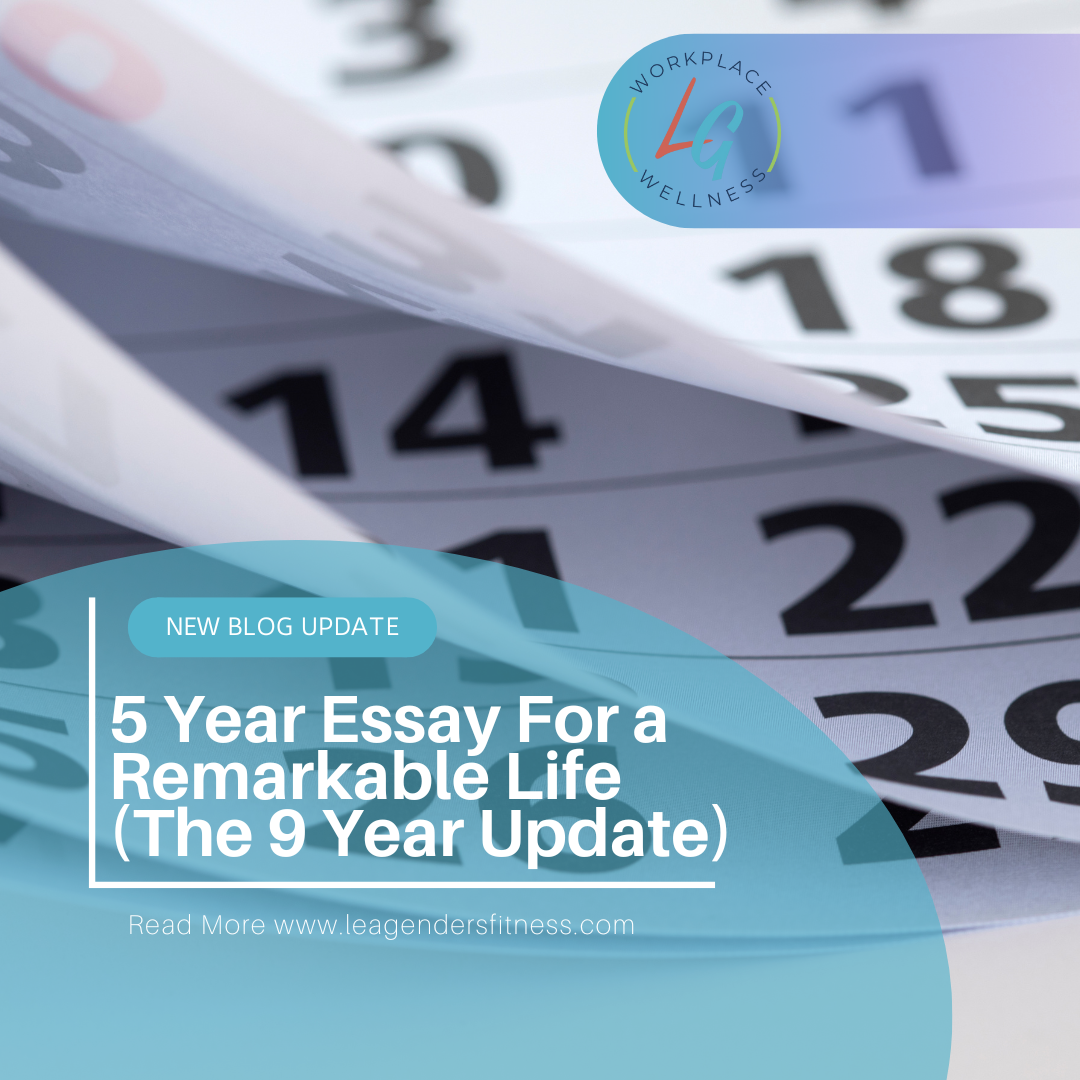
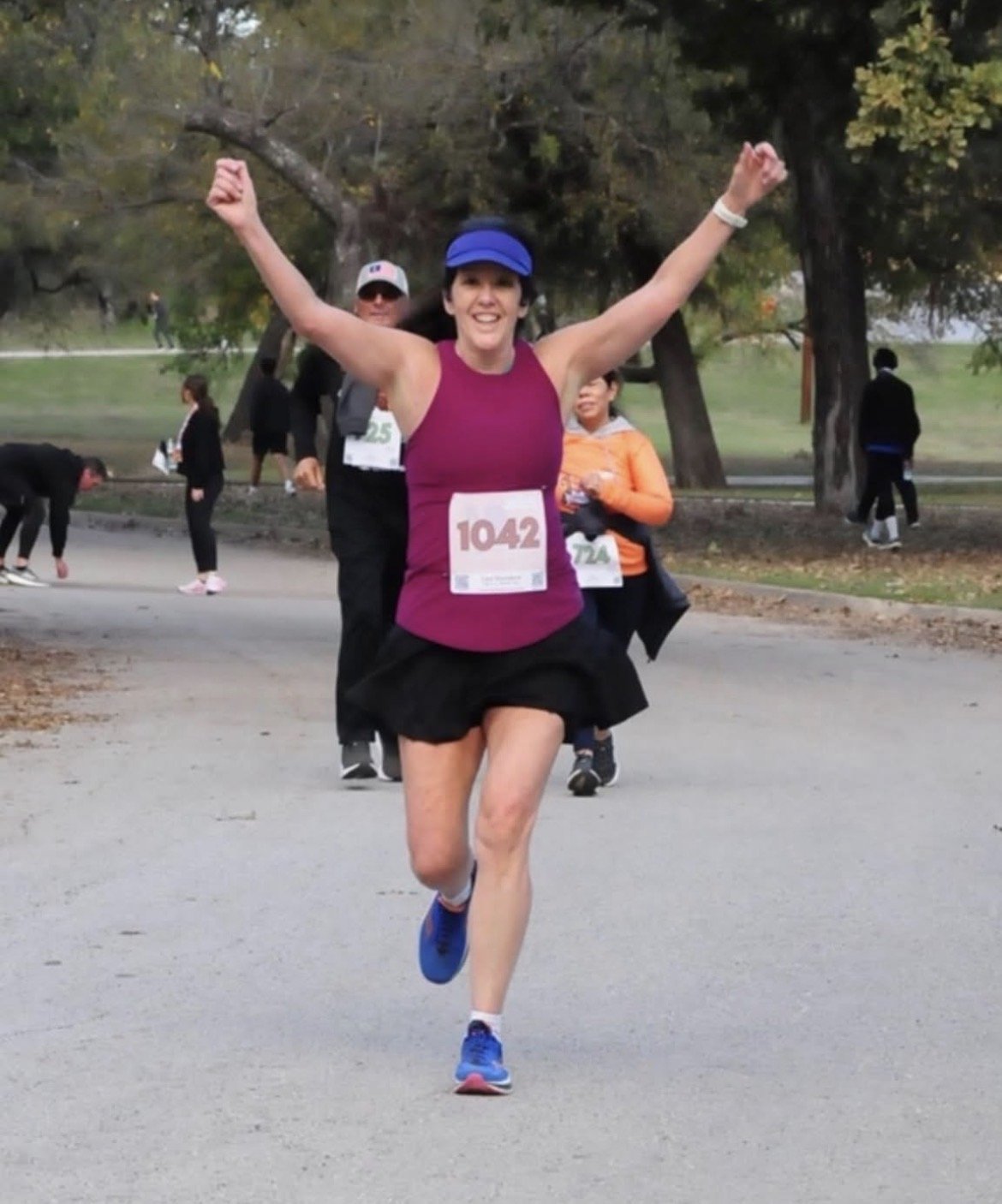

Most of us are stuck in habits and thought patterns that we didn’t even realize we were practicing. Whether it’s negative self-talk on loop, the trap of thinking every workout has to be a high-intensity suffer-fest, or being so obsessed with the scale that we miss the small meaningful wins, these mindsets can sabotage our progress. In this blog, we look at how to identify these traps, give ourselves some grace, and start choosing a new way to think about health and consistency.